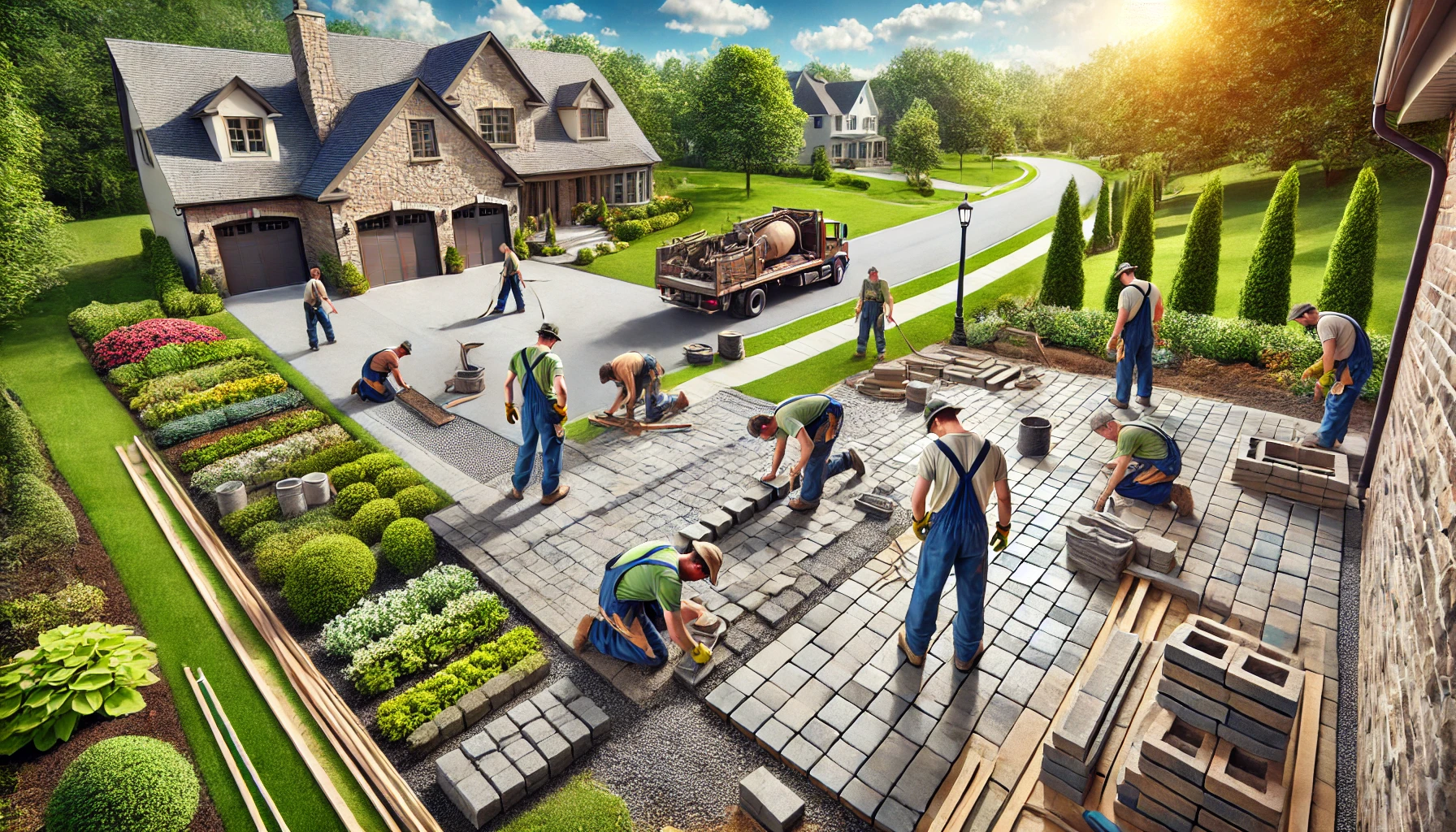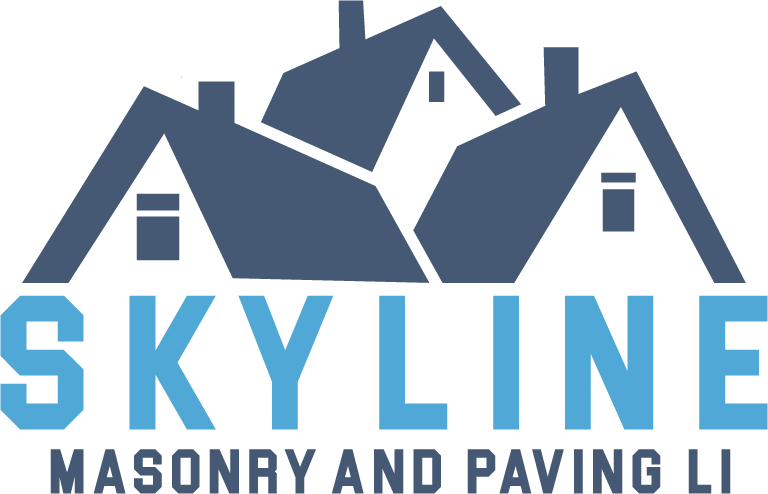
When it comes to enhancing the exterior of a home or commercial property, two essential trades often come into play: paving and masonry. These crafts not only contribute to a property’s functionality but also significantly boost its curb appeal and long-term value. But what exactly are paving and masonry, and what do these professionals do?
What Is Paving?
Paving refers to the process of laying a solid surface using materials like asphalt, concrete, brick, stone, or interlocking pavers. Paving is commonly used for driveways, patios, walkways, and parking areas. The goal is to create a level, durable surface that can withstand foot or vehicle traffic and resist weather damage.
There are several types of paving materials and methods, each suited to different applications:
- Asphalt paving is common for roads and driveways due to its affordability and durability.
- Concrete paving offers a smooth finish and is ideal for patios and sidewalks.
- Interlocking pavers provide flexibility and style, making them a popular choice for decorative driveways and garden paths.
- Natural stone paving such as flagstone or bluestone gives a high-end look and long lifespan.
Professional pavers ensure proper site preparation, drainage, and base layering to guarantee the paved surface is structurally sound and long-lasting.
What Is Masonry?
Masonry is the craft of building structures using individual units such as bricks, stones, or concrete blocks, usually bound together by mortar. It is one of the oldest construction methods, valued for its strength, fire resistance, and timeless appeal.
Masonry work can be structural or decorative and is used in a wide variety of projects:
- Brick walls and facades
- Stone retaining walls and garden edging
- Fireplaces, chimneys, and outdoor kitchens
- Concrete block foundations
A skilled mason carefully arranges each unit to ensure stability, aesthetics, and function. Good masonry not only adds character to a building but also increases its thermal efficiency and resilience to environmental elements.
What Do Paving and Masonry Contractors Do?
Paving and masonry contractors handle the design, preparation, installation, and maintenance of hardscaped areas. Their responsibilities often include:
- Site assessment and measurements
- Excavation and leveling
- Installing base layers for strength and drainage
- Laying materials with precision and pattern
- Applying mortar or joint sand
- Sealing surfaces for weather protection
- Repairing or restoring existing paving or masonry
These trades often work in tandem. For example, a backyard project may include a paver patio bordered by a masonry firepit or stone seating wall. Hiring contractors who understand both disciplines ensures cohesive design and structural integrity.
Why These Trades Matter
Quality paving and masonry work is more than just visual appeal. It improves property functionality, safety, and longevity. Cracked driveways, uneven walkways, or crumbling walls can be both unsightly and hazardous. Professionally installed surfaces not only solve these issues but also add tangible value to your home or commercial space.
If you’re planning an exterior renovation, understanding the difference between paving and masonry—and the benefits each offers—will help you make better decisions when hiring a contractor or designing your space.
